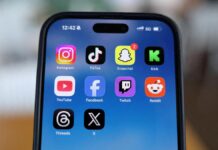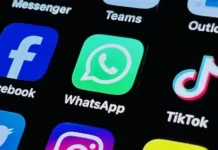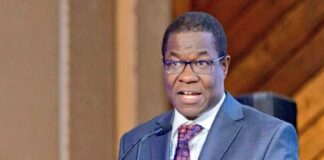Telegram Messenger is reportedly being blocked on Safaricom network in Kenya, leaving millions of users still unable to access one of their most relied-upon communication platforms.
The disruption is being experienced without any prior warning, as the app is failing to load or refresh messages despite strong mobile data connectivity.
It is currently being observed that the issue only affects those using Safaricom mobile data. Telegram continues to work when accessed through WiFi or by using Virtual Private Networks.
This ongoing situation is widely being interpreted as an intentional restriction placed at the network level, although Safaricom has not yet issued a statement explaining the cause.
Telegram remains an essential tool for communication in Kenya. It is actively being used for business coordination, customer engagement, school groups, community updates and content distribution.
The interruption is therefore continuing to disrupt work processes, delay customer responses and interfere with channels that many people depend on for timely information.
The situation unfolded at a sensitive time in the education sector. There has been growing concern over Telegram channels being used to leak ongoing Kenya Certificate of Secondary Education (KCSE) examination papers.
Education officials have warned that several groups on the platform have been distributing illegal access to exam materials. This raised fears that the block may have been linked to efforts to curb cheating and protect the credibility of national assessments.
The timing of the disruption is raising further questions. While concerns about exam integrity are serious and well understood by the public, the absence of clear communication on why Telegram became inaccessible has caused frustration.
Many Kenyans have questioned why such a significant decision could be implemented without informing those who depend heavily on the app for daily activities.
The situation is ongoing and continues to highlight the delicate balance between securing national interests and preserving open, reliable access to digital communication in the country.



















